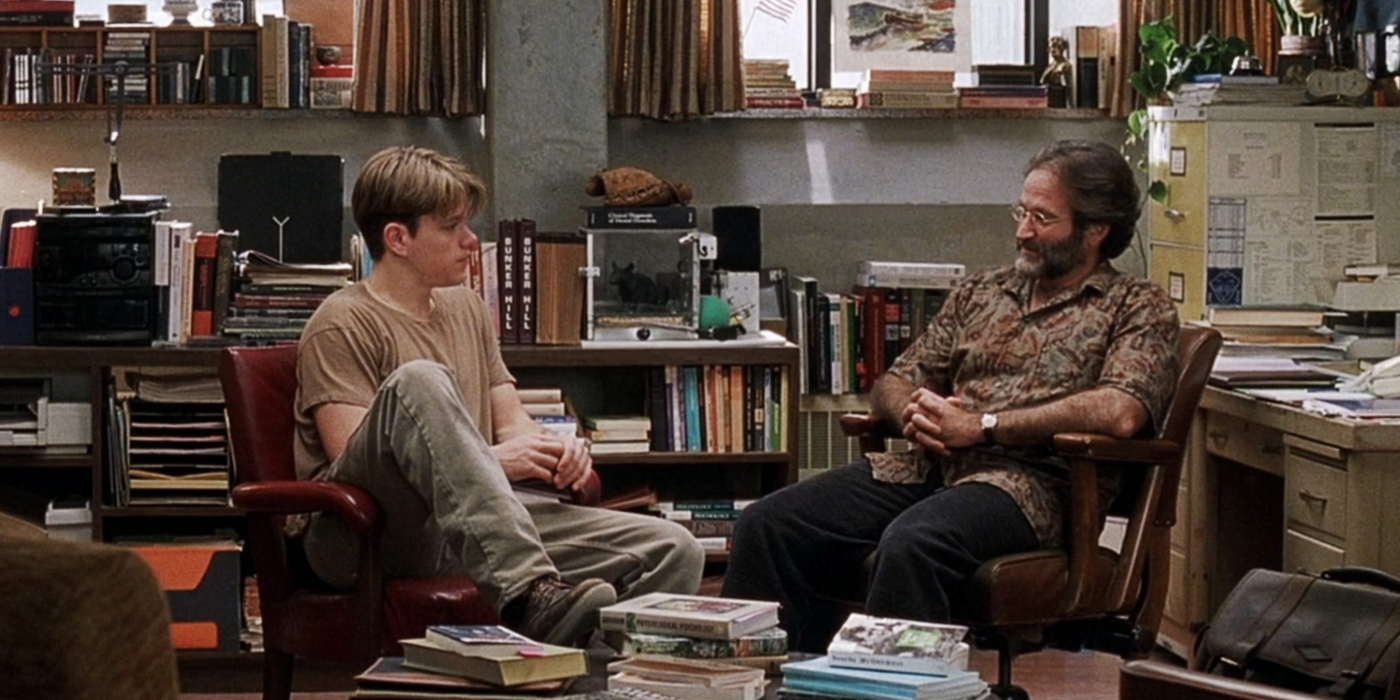What Your Therapist Doesn’t Want You to Know (But Should)
When people hear that I’m a therapist, they often imagine that I have life all figured out. That I never feel overwhelmed, anxious, sad, or angry. That I’m always calm and collected, perfectly managing my emotions. I can read people effortlessly and know exactly how to handle every conflict.
It’s almost like there’s an invisible label attached to me: “You should know better.” But the truth is, I’m human too.
Do I Have It All Together?
I feel overwhelmed. There are days when emotions feel too heavy, moments when I misunderstand people or get caught up in my own assumptions. There are conflicts in my life that I don’t know how to resolve. And the thing is, I don’t have a secret manual that tells me how to fix everything perfectly.
Recently, in supervision, I found myself wondering whether I was even the right therapist for a client. The thought kept circling: What if I’m not trained enough? What if I say something wrong and it ruins their life? On a conscious and rational level, I know my clients are responsible for their own choices, but the self-doubt is loud and clear—what if I accidentally push them toward something harmful?
What Does Self-Doubt Look Like?
This isn’t new for me. Self-doubt shows up often—not just in therapy, but in my professional and personal life too. Most of the time, it pushes me to keep learning and improving. But sometimes, it fills me with anxiety. Thoughts like “I’m not good enough” loop in my head. There are days I feel guilty, convinced I haven’t given my 100% to my work. And while I know coping strategies in theory, there are still days when even reaching for them feels too hard. The weight of expectations, unfinished goals, and pressure to do well feels crushing. In those moments, I realize—this is exactly what my clients mean when they describe the heavy weight of anxiety. The wanting to move, but feeling unable to. My own experiences remind me that their struggles are real, not just words spoken in a session.
There are also times when my clients’ lives mirror my own. I remember when I was newly married and learning to adjust to a new home, a new rhythm of life. Around that time, several clients were also navigating similar transitions. My experience helped me empathize with them—but it also forced me to stay aware. I had to keep checking in with myself: Am I avoiding certain questions because they’re too close to my own experience? Am I bringing my emotions into this space when it needs to be theirs? That’s the part of therapy that can feel draining at times—having to look into myself again and again, to face why I’m feeling what I’m feeling. This is why supervision and my own therapy are so important. They give me the space to process, so I don’t unknowingly carry my unresolved pieces into the room with my clients.
What Does Courage Actually Look Like?
Being a therapist, for me, isn’t about having it all together—it’s about courage. And courage doesn’t look like being fearless or perfect. Courage looks like sitting with the parts of myself I would rather avoid. The self-doubt that tells me I’m not good enough. The guilt that creeps in when I feel I haven’t done enough. The fear of making mistakes. Instead of pushing these feelings away, I try to meet them with empathy and acceptance. To say to myself: Yes, this is what I’m feeling. This is what it brings up in me. And then, to consciously choose how I want to respond. That choice—to face my fears instead of burying them, to work on them instead of ignoring them—that is what courage feels like to me.
This inner work isn’t easy. It stirs up old wounds and uncomfortable truths. But it’s also what helps me sit with my clients in a deeper, more compassionate way.
Because if I’ve wrestled with my own self-doubt, I can understand theirs. If I’ve struggled to change, I know how much courage it takes for them to do the same.
Do I Have All the Answers?
I don’t sit with my clients thinking, “I have all the answers for you.” Instead, I sit with them knowing, “I may not have all the answers, but I can walk alongside you while you find yours.”
Therapy isn’t about perfection—it’s about connection. It’s about creating a space built on trust and honesty, where two humans come together—honestly, imperfectly—to explore, understand, and grow. In the end, my humanness isn’t a flaw in my work—it’s what makes my work real. Because only when I allow myself to be fully human can I hold space for others to be fully human too.
Keep the Conversation Going
If this piece resonated with you, you’ll love What Happens After Hello—our psychologist-designed conversation game that helps you go beyond small talk and discover deeper, more meaningful connections. A reminder that, like therapy, true connection begins when we drop the performance and show up as our real selves.
Explore What Happens After Hello →







